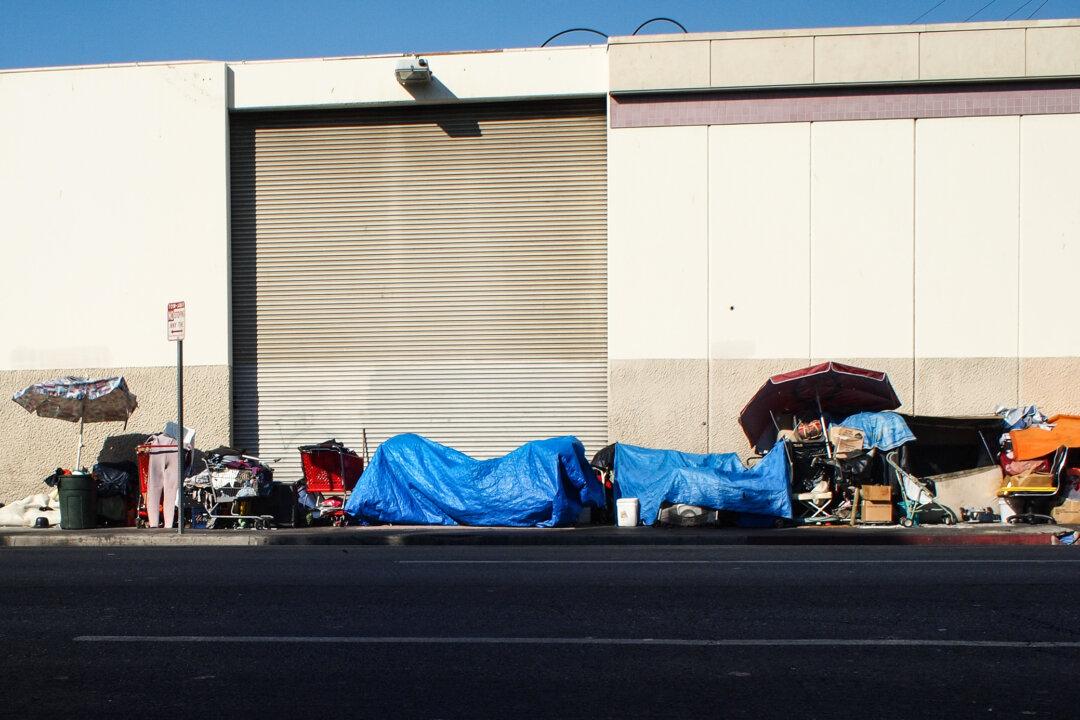A federal judge’s order requiring local governments to house the homeless on Skid Row in Downtown Los Angeles was unanimously overturned by a federal appeals court on Sept. 23; the case was sent back to the lower court for proceedings.
The Los Angeles Alliance for Human Rights, a group of stakeholders and residents, sued Los Angeles County last year in an attempt to get the county and the city to house its homeless population. Daniel Conway of Los Angeles Alliance said the organization brought the suit to challenge the local government to step up on the homeless issue.





